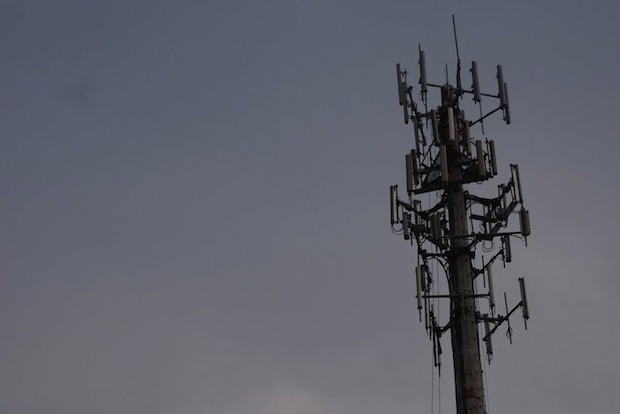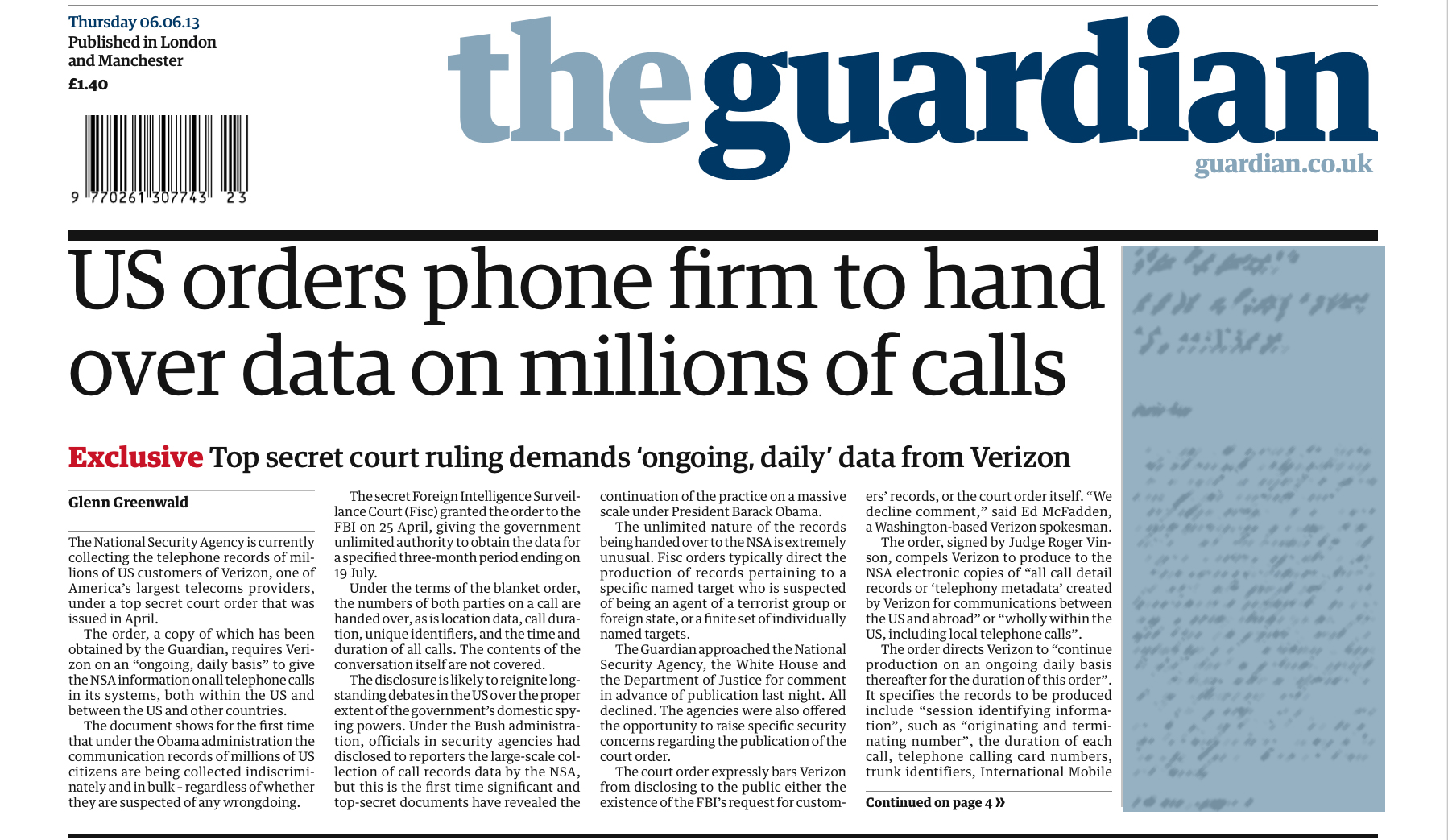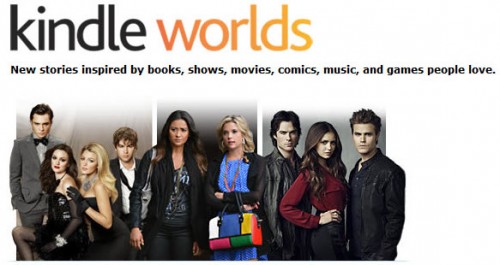Earlier this month Geoffrey Miller (@matingmind), the now infamous professor of evolutionary psychology, punched out a really awful tweet. He said this:
His message is blaringly ironic, coming from a man who clearly lacked the willpower to think through the statement before making it public #truth. Although he later deleted the tweet, his followers had already created screen captures and sent the image into a spiraling journey of virality.
I don’t want to spend my post today harping on Miller’s particular indiscretion. Others have been busy doing just that, quite eloquently, for the past week and a half. Instead, I want to talk about Fatness as a moral stigma, and the ways in which Miller’s tweet first, exposed the moral nature of body size and in turn, offered Fat Activists an opportunity to publicly reject Fatness as a marker of immorality. This was facilitated, I argue, by the affordances of new technologies coupled with determined and conscientious social actors. more...








